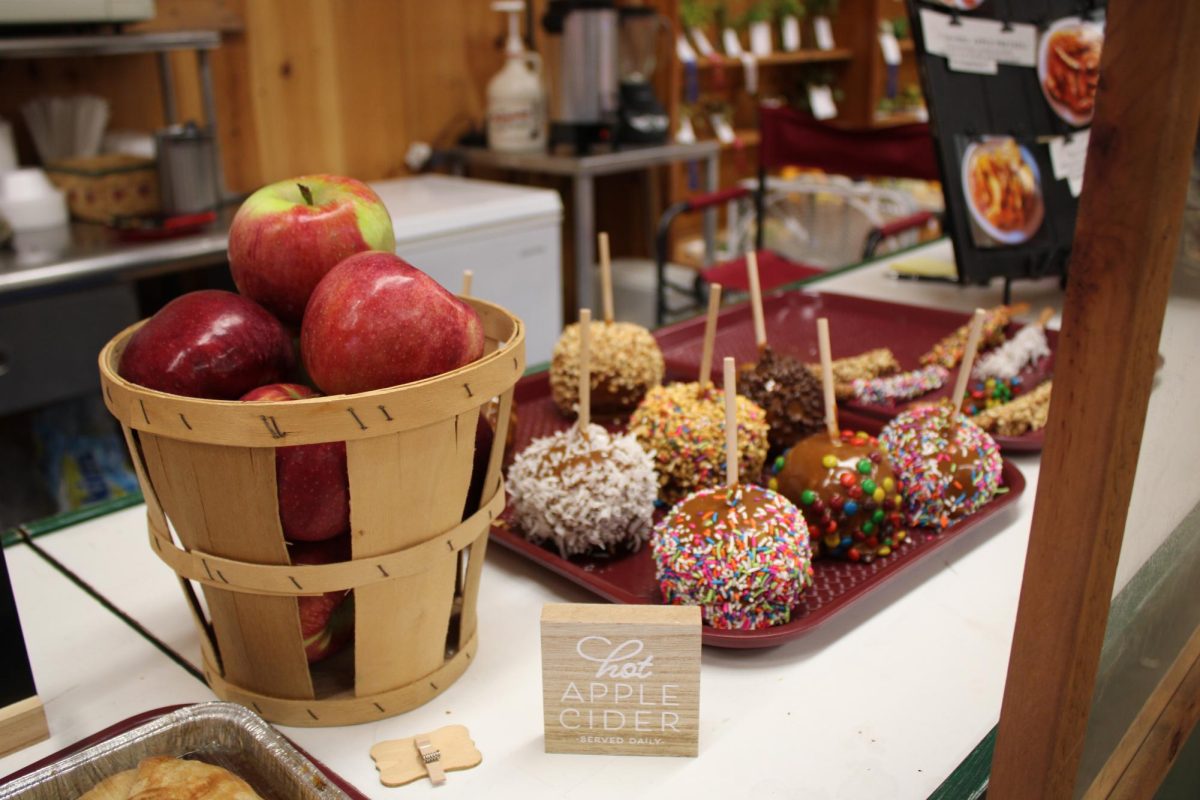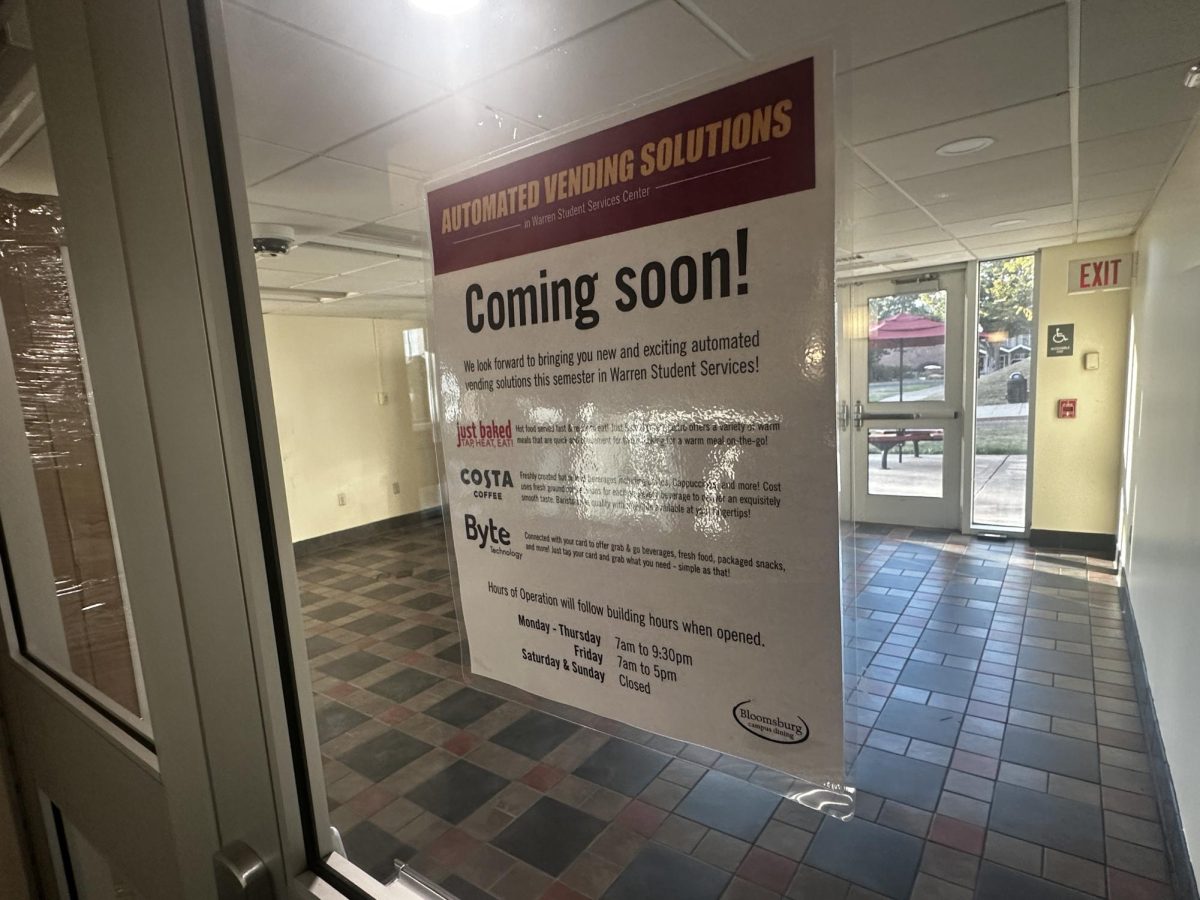The liberal arts have been around for quite some time now and literature, according to ancient.eu, has been dated to have roots all the way back to the ancient Sumerians within Mesopotamia. The earliest forms of literature revolved around stories of gods and deities, but when civilization expanded, so did its forms of literature. With civilizations becoming more advanced than ever, the increase in creative literature flourished, and with it began poetry.
According to Poet Seers, an informational site dedicated to the history and teaching of poetry, the 16th century was arguably the most important time period for poetry, as it began to gain popularity among intellectuals and introduced the most famous English poet, William Shakespeare. William Shakespeare’s poetry and stylistic writing of plays gained him immense popularity within England in the 16th century and entertained many of the different people of the time ranging from the elite nobles to the peasants, many of whom flocked to large theaters to watch plays that were born from Shakespeare’s poetic mind.
It was Shakespeare who enlightened the entire 16th century on the brilliance and importance of the descriptive and beautiful form of creative writing known as poetry. The precedent that Shakespeare set decided the outcomes of those who followed in his footsteps, with many other English poets gaining fame and recognition from the monarchs of the time.
However, as time passed, the practice of writing poetry seemed to die out altogether. From the 19th century to this 21st century, poetry has been a forgotten art among men and women. Schools dread teaching the subject and students scoff at the very mentioning of poetry. While the modern trends of hip-hop and many other music genres pay tribute to poetry, the classic, gritty forms of poetry have been forgotten by many of us within America.
Edgar Allan Poe defined the 19th century’s poetry movement, yet it was only recently that he received the credit that was long overdue. According to Biography.com, Poe was one of the earliest American poets to try and make a living off writing alone, and while his stories did meet some success, he was stricken with poverty. America, at the time, hadn’t developed a taste for the liberal arts, especially poetry, and it is still very evident today.
Even in the modern age of the 21st century, poetry is still fighting to gain popularity amongst the American people. Activities such as sports have taken away the spotlight from the arts (if they had even held it to begin with) and pushed them to the backburner. Only in major cities such as New York and Seattle will one see appreciation for poetry and literature. Even then, the poetry that is created by the minds of brilliant authors is shadowed by the popular sports teams of those areas.
It is paramount that we appreciate the knowledge and creativity that stems from reading and writing poetry, for there is nothing more beautiful than reading a poem and asking the person who read it before you what they think. Chances are, that person will view it as something completely different from how you perceive it and that is the beauty of poetry. Everyone develops a different and special meaning of the poem. The insightful conversations that stem from the theorized meanings of poems bring lengthy conversations from a mere piece of paper containing creative stanzas.
Everyone views poetry differently, but it is up to the people of the 21st century to welcome poetry back into society again, for the appreciation of the arts is long overdue. Those who write poetry, despite the unpopularity of it, do so to better themselves and to express their minds creatively with the English language. There is a place for the sports and activities of popular culture, but there should be a place alongside those activities for poetry to re-establish itself. Our minds and our hearts could be better understood and appreciated if we began to open ourselves up to poetry, that of which has been a thing of the past for far too long.
Sabin Laskoski is a Freshman English major. He is a staff writer for The Voice






















